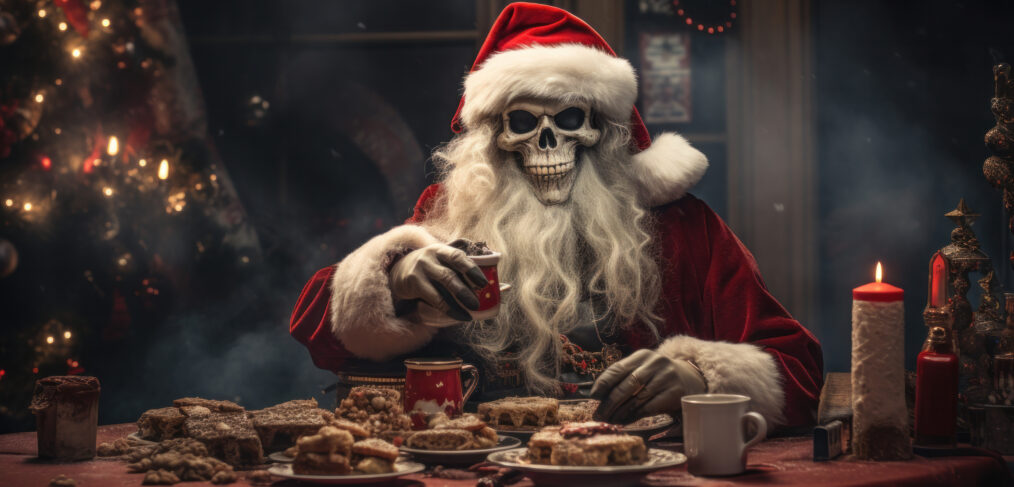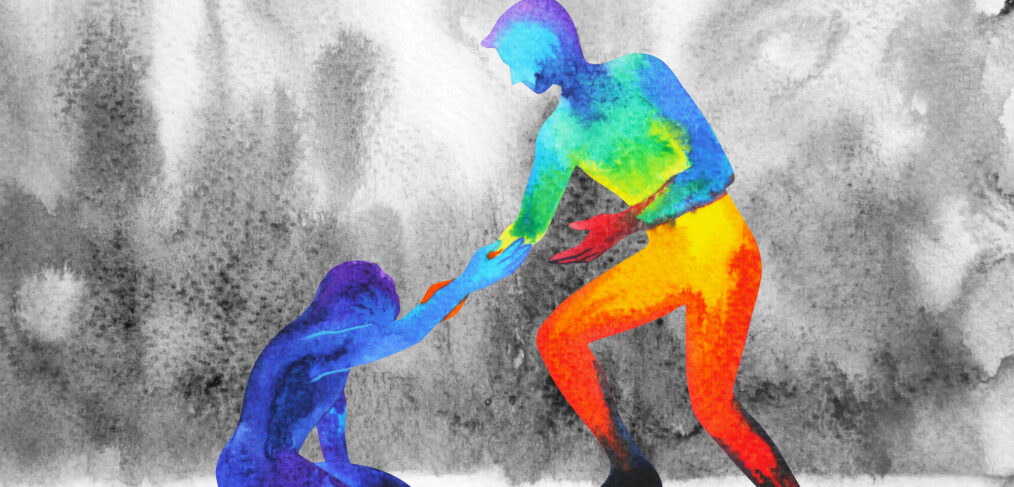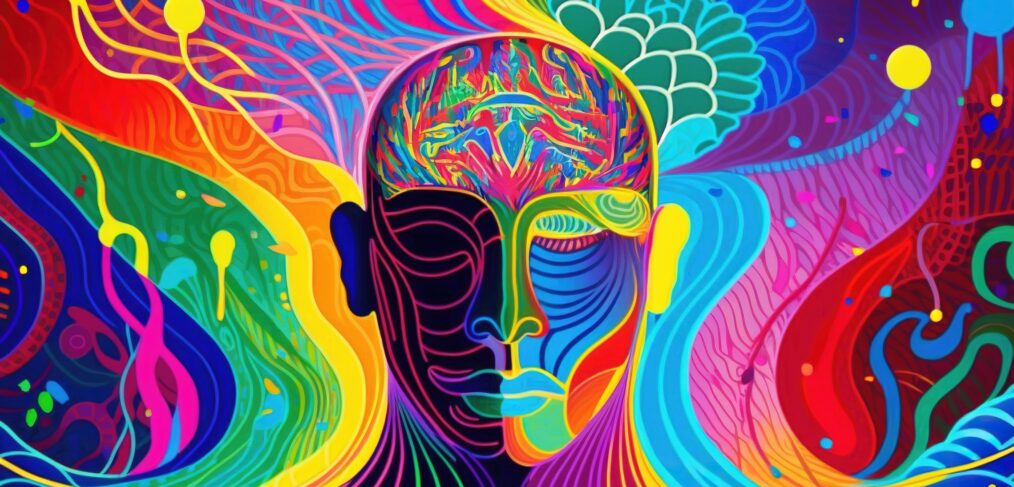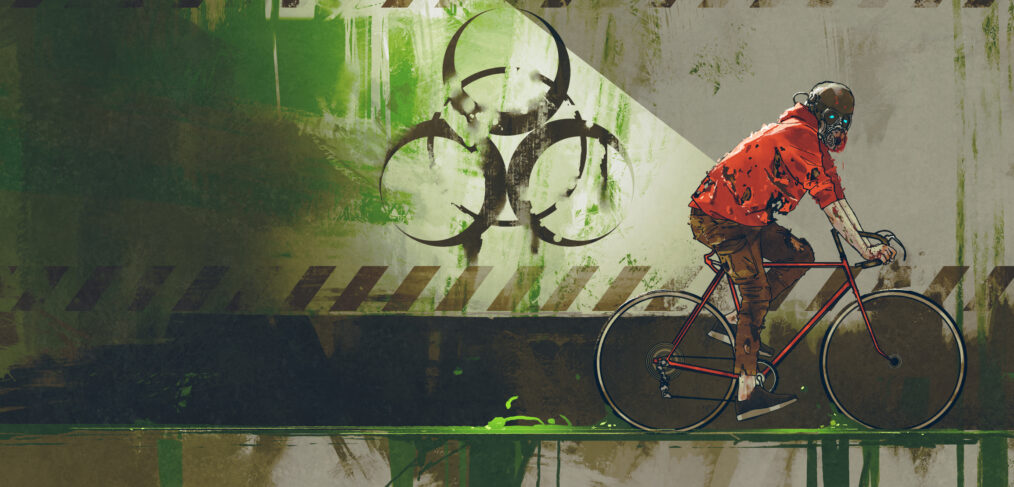So many people try to find stability in their lives and keep things going as they have been. They like to have a familiar routine, the same friends, and the same activities. There’s nothing wrong with this. Long-lasting relationships, routines, and traditions give people a sense of belonging, a feeling of home, and comfort. But it’s also essential to have the unfamiliar in your life. I know that doing different things and interacting with new people can provide a healthy jolt to the old psyche. I recently left a very long-term job and now work full-time on Blocks of Life. This experience has led me down a wonderful path filled with exploration and discovery. It literally fuels my dreams, which are constantly filled with new and different things because I’m always doing new and different things.
Holidays can be rough. Hectic schedules, finding gifts, family drama—it can be overwhelming. Stress is a common side effect of a season that is meant to be happy, celebratory, and fun. But where does that stress come from? It’s different for different people but may include unreasonable expectations, social anxiety, or loneliness. Instead of feeling joy, many end up feeling irritable, sad, or disappointed and can’t wait for it all to be over. But the holidays can be the joyful, exciting, and magical time they’re meant to be with just a few tweaks of your perspective.
How can I live a normal, comfortable life with so much pain and suffering in the world?
It’s a good question. For some, it’s a source of constant guilt and anxiety. A better (healthier) question might be: Am I doing what I can to decrease the pain and suffering in the world while still leading a fulfilling, meaningful life? The truth is that your suffering doesn’t stop others from suffering, while your working to decrease suffering does. You also might feel you don’t have the right to be happy while there is so much suffering in the world. That, too, begs the question of impact. Will you being miserable make others less miserable? So, how can you reconcile your life with the state of the world?
Nobody is perfect in their habits. There will always be backslides and hiccups related to the good habits we strive for and the bad habits we strive to avoid or control. Sometimes, these lapses can be severe, and depending on the habits involved, they can have significant consequences. People have all kinds of habits, but it can be helpful to think about how they impact your life. Some habits contribute to or detract from your mental or physical health; others may add meaning to your life in various ways. Some may provide spiritual enrichment or a creative outlet. Some may seem easy, while others may be a constant struggle.
Poisons are the people, things, or situations you know are bad for you, yet they remain in your life. You likely have some poison in your life—everyone has. You may be one of the lucky ones who can recognize those situations right away and take decisive action. Or, like me, you rationalized, denied, or had an uncontrollable urge to keep them in your life. Most of these toxic elements in your life have their upside. They made you feel good in some way—at least in the short term, and that good must be intensely good because it is compelling you to live with the extreme negative aspects or consequences. The good part also may be a “potential good” or just imagined—a carrot just out of reach that never comes closer. The fundamental question is, why do you keep these poisons in your life? Why do you subject yourself to their ravages?





